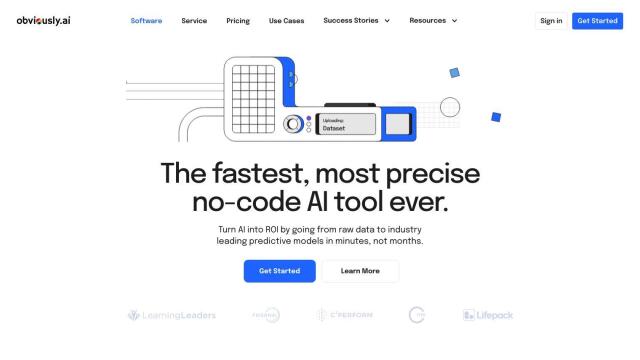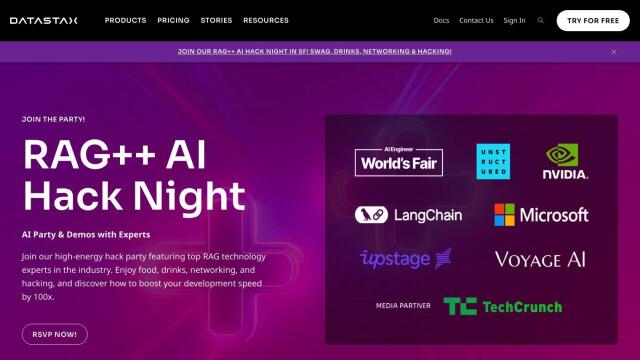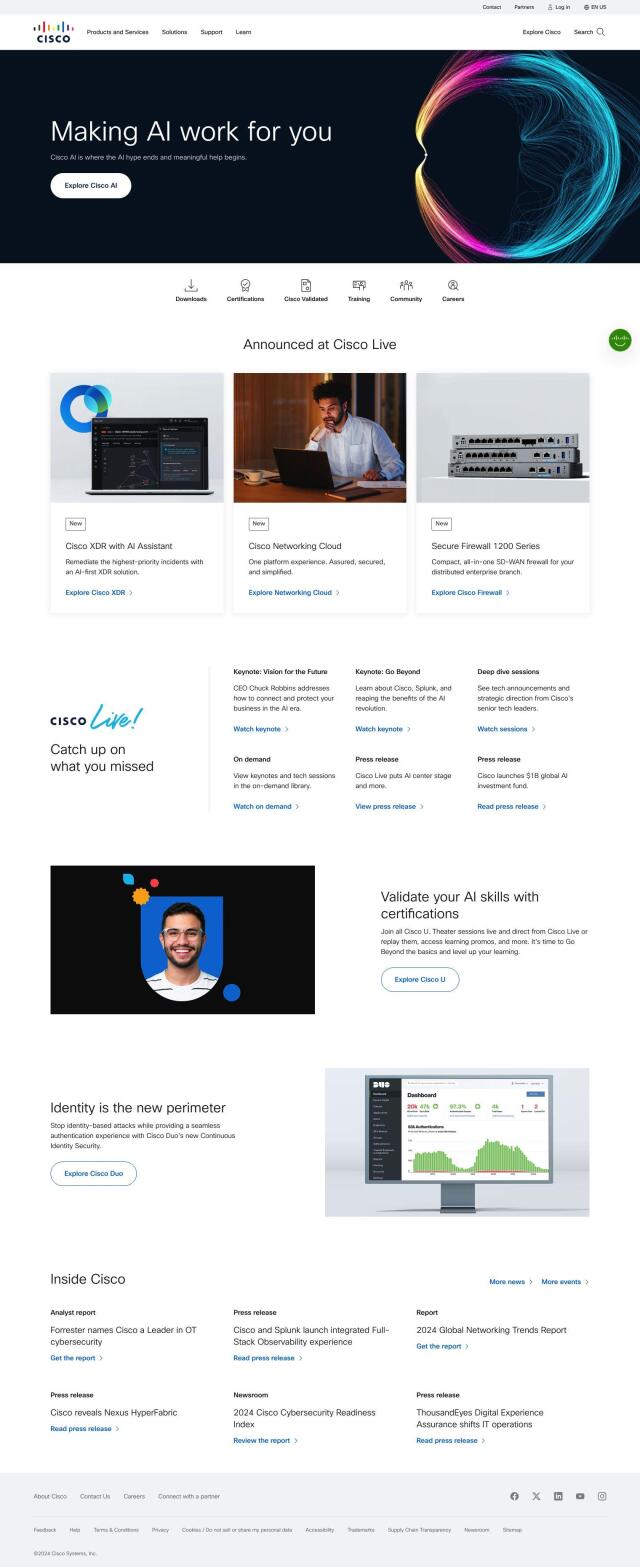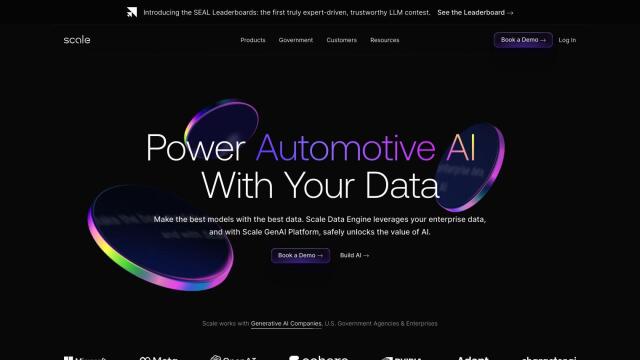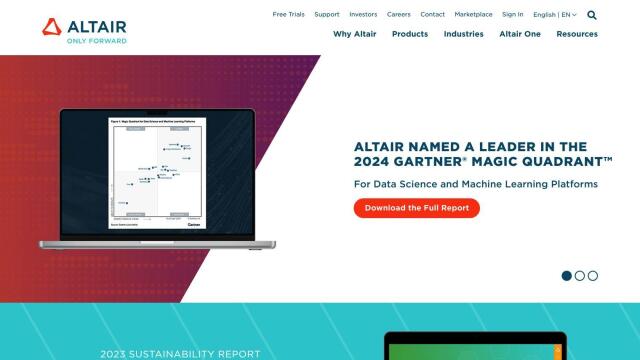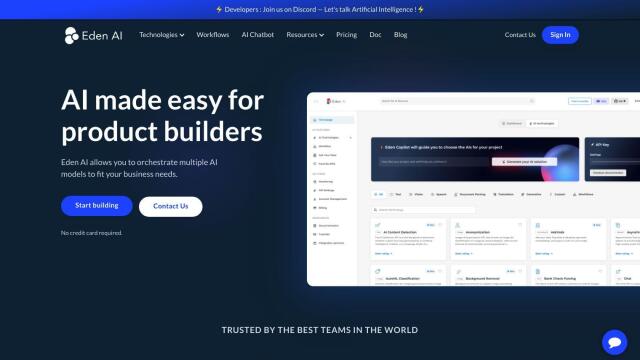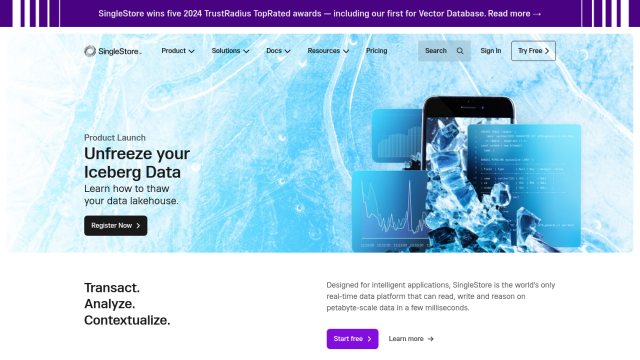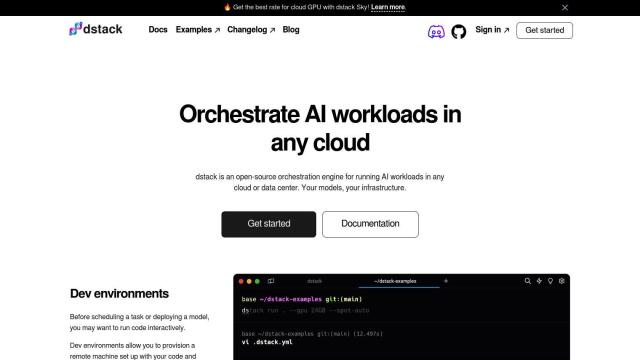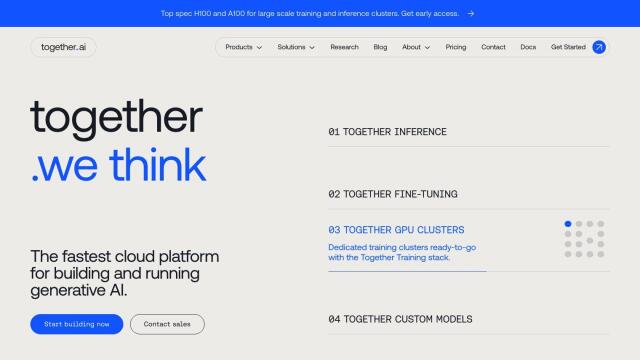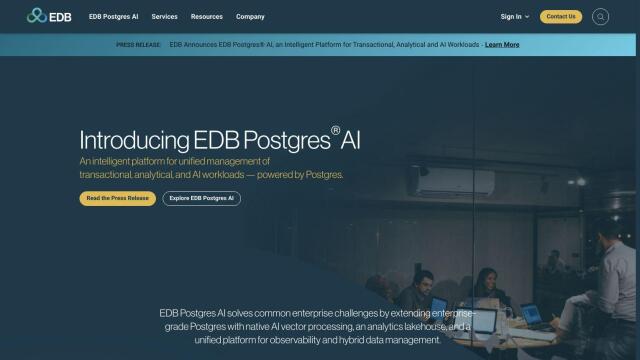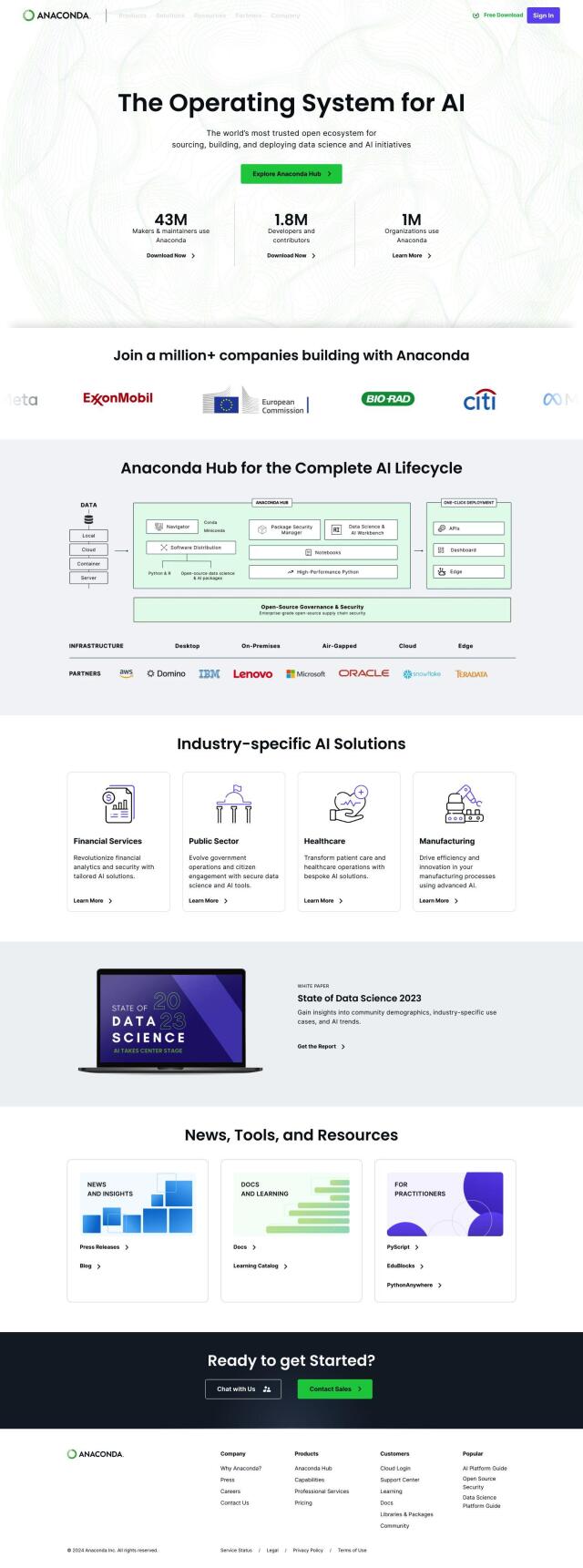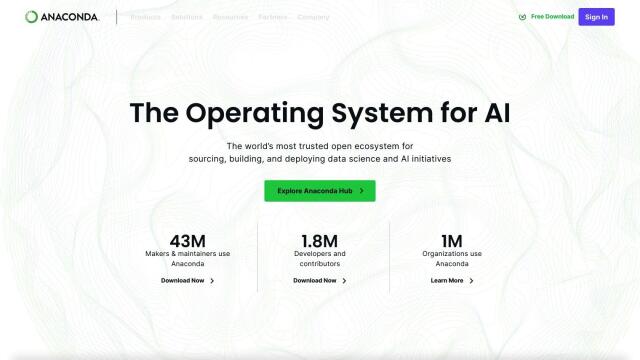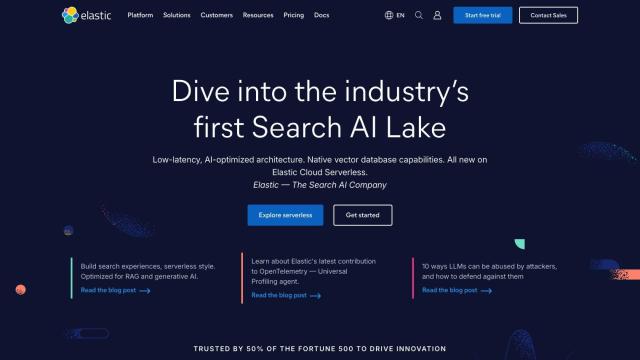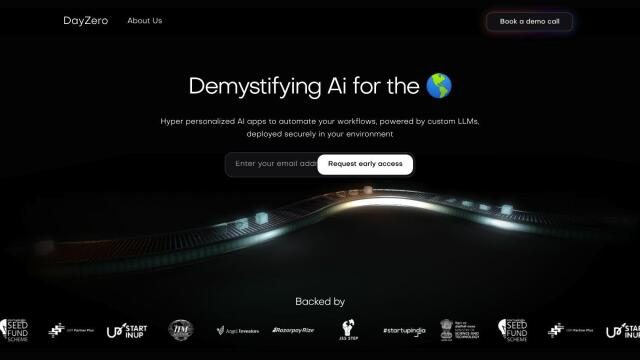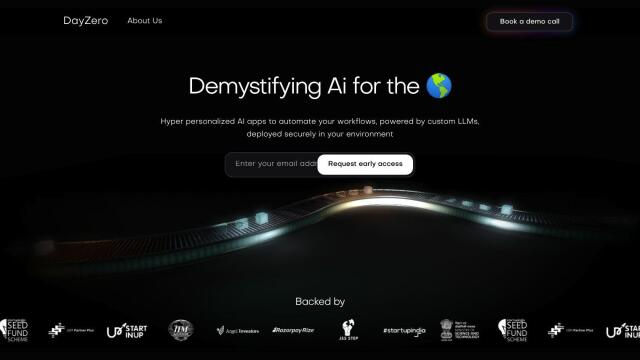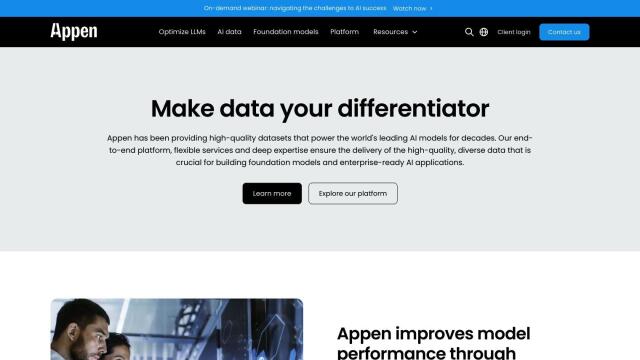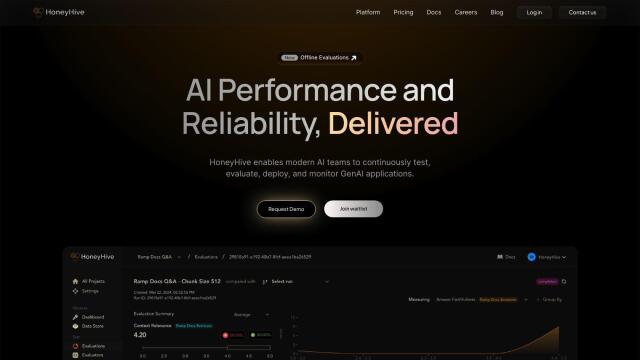

Abacus.AI
If you're looking for an alternative to AMD, Abacus.AI is another option. The platform lets developers create and run large-scale applied AI agents and systems using generative AI and other neural network techniques. It can handle a variety of predictive and analytical tasks, like forecasting, anomaly detection and language AI. With features like high availability, governance and compliance, Abacus.AI is designed to make AI easier to adopt and use, with a variety of business requirements in mind.


Anyscale
Another option worth mentioning is Anyscale, which is good for building, deploying and scaling AI applications. The company's technology is based on the open-source Ray framework, which includes workload scheduling, cloud flexibility, intelligent instance management and the ability to fraction GPU and CPU resources for the best use of computing resources. It can handle a variety of AI models and integrates with popular integrated development environments, or IDEs, for running and debugging AI applications at large scale.

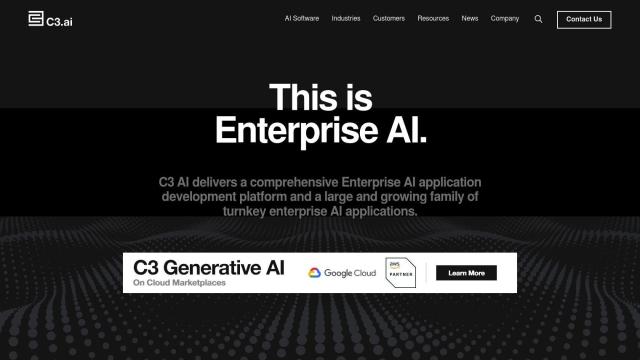
C3 AI
If you're looking for something more geared for the enterprise, C3 AI offers a large AI software foundation with more than 40 pre-built enterprise applications across a range of industries. It can handle deep code, low code and no code development, so it's useful for people with varying levels of expertise. C3 AI's suite of applications spans customer relationship management, supply chain optimization and financial operations, among other areas, to help speed up digital transformation and deliver results rapidly.


Clarifai
You could also look at Clarifai, which helps you move AI prototypes to production with its workflow orchestration platform. It can run on-premises or in the cloud and includes features like automated data labeling, retrieval augmented generation and content moderation. The platform is designed to make AI development easier and cheaper, which could be appealing to companies that want to operationalize AI projects at large scale.



